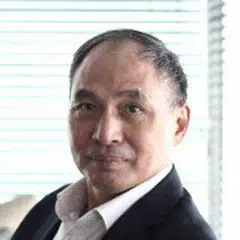Who rules Hong Kong
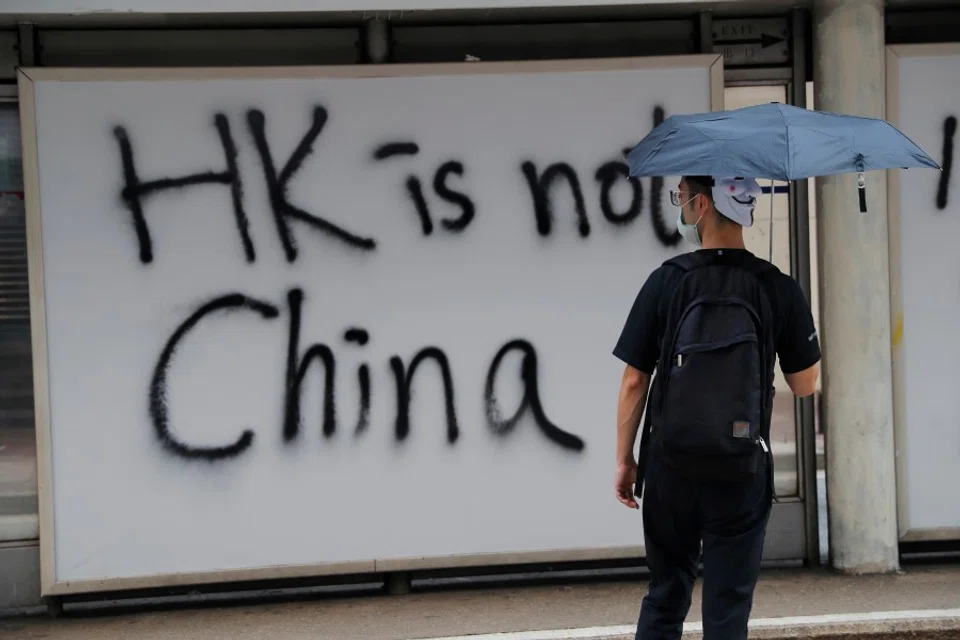
To Hong Kong observers, the developments in Hong Kong today are less than shocking. Over the years, there have been many protests in Hong Kong, and the number of protests of varying scales, reasons and objectives is not difficult to ascertain. Its frequency is rare in world history. In fact, the protests are becoming an obsession, and have become a part of daily life. Some say it is not overstating it if Hong Kong is regarded as a "Capital of Protests".
However, the level of violence in the protests is shocking. Hong Kong is a wealthy city with a vast majority of the middle class, and is therefore a more rational society. Protests in Hong Kong used to be more peaceful relative to elsewhere. It is now completely different, and violent protests have become an irreversible trend. As history has proven time and again, it is inevitable for protests in the society to culminate in violence if the protagonists cannot find a resolution.
In the current situation, the people have no choice but to take sides, and either support or oppose the protests. However, efforts must be made to understand how they have come to this and the path to the future. What has happened to Hong Kong? Why is the situation out of hand? Where does its future lie?
To put it bluntly, there is only one fundamental question in Hong Kong, and that is: who rules Hong Kong?
In 1997, the 'one country, two systems' principle was implemented with the handover of Hong Kong from the UK to China. So, is China governing Hong Kong? The answer is "no" because the implementation of the 'one country, two systems' has only given China sovereignty but not the real power to rule. Under the current principle of "Hong Kong people administering Hong Kong" (港人治港), the authority to govern lies with the Chief Executive and the Hong Kong Special Autonomous Region (HKSAR) Government. China's actual, and minimal, sovereignty over Hong Kong is manifested in the limited sphere of diplomacy, and only in name in other areas. Even the People's Liberation Army Hong Kong Garrison is merely symbolic. The Hong Kong legal system, which is the most substantive part of governance, does not fall within China's sovereignty over Hong Kong.
Neither is Hong Kong governed by the HKSAR Government, due to its many institutional design factors.
For the sake of maintaining 'one country, two systems', China has not actively intervened in Hong Kong's affairs, contrary to what the West has claimed. Even if there is the intention to intervene, China is constrained by the 'one country, two systems' ideology. In reality, to uphold the principle, China has delivered a large number of benefits to Hong Kong to sustain its prosperity, at least economically. China's efforts to assert sovereignty, for example, the earlier attempt to implement Article 23 of the Hong Kong Basic Law and the now-shelved Extradition Law Amendment Bill, have not succeeded. While there is enhanced societal, economic and community interactions between the mainland and Hong Kong, which have brought economic benefits, they do not affect Hong Kong's system of governance and capacity to govern.
The lack of organic connection between the Chief Executive and political parties
Neither is Hong Kong governed by the HKSAR Government, due to its many institutional design factors. Hong Kong has implemented the doctrine of the separation of powers into three branches of government - the executive, legislative and judicial. In this system, where lies the true powers of the Hong Kong government? The legislative branch probably wields less than half of Hong Kong's governmental power, afforded by the pro-establishment camp. The government has no power over the judicial branch, which is still dominated by the behind-the-scenes "British-Hong Kong authorities". With the exception of the Chief Executive, the executive branch is adopted in its entirety from British Hong Kong.
Is it the Hong Kong people who govern Hong Kong? Clearly not, because the people have been fighting without success for their ideal of "Hong Kong people administering Hong Kong"
The problem of the source of political power is even more critical, because politics in Hong Kong is basically non-partisan. This has resulted in a lack of organic connection between the appointment of the Chief Executive and the political parties. As a result, in practice, the Chief Executive has to use the civil service as a political party, and maintaining executive neutrality becomes impossible in this process. The politicisation of the Chief Executive is followed by that of the civil service, either actively or passively, and is likely to run counter to his or her political inclinations. This is borne out by the large number of civil servants who publicly put pressure on the HKSAR Government.
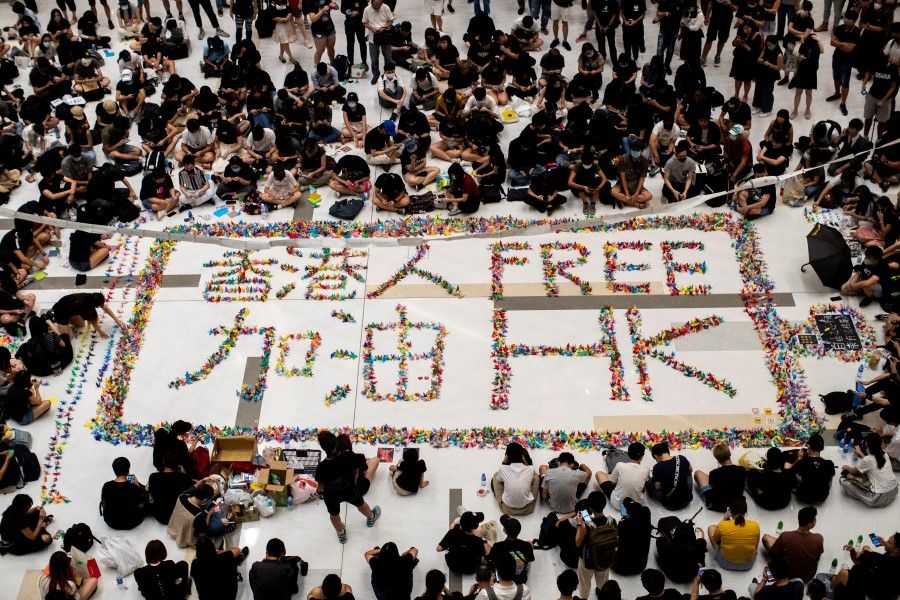
Due to the lack of strong political support by political parties, the HKSAR Government has struggled to make a difference all these years. How many effective laws and policies has it passed during this time? Successive Chief Executives have sought significant accomplishment but failed miserably, even with good intentions and policies that can genuinely improve Hong Kong. The aborted housing policy of the first Chief Executive Tung Chee-hwa is a good example.
Is it the Hong Kong people who govern Hong Kong? Clearly not, because the people have been fighting without success for their ideal of "Hong Kong people administering Hong Kong", that is, "dual universal suffrage", the election of the Chief Executive and the legislature by universal suffrage. It should, however, be noted that "dual universal suffrage" is merely an ideal concept, because much evidence points towards the fact that effective governance does not necessarily result from universal suffrage.
The process of achieving the stated goals through bottom-up social movements is itself a serious problem. First, it is difficult to coordinate and unify the stated goals and to reach a compromise. The people have developed an illusion of instant gratification in political reform. In their endeavour without compromise, the protesters have had but lost the opportunities to have their demands met. Second, protests have turned violent and developed into devastating social movements to protest for the sake of protesting, and created a society steeped in social movements. With unmet demands, the resultant retaliatory mentality of protesters has triggered grave confrontations with the government.
The ubiquitous foreign influence
So, are foreign influences manipulating Hong Kong's destiny? It must be acknowledged that the existence of and interventions by foreign influences in a global city such as Hong Kong is not surprising. For a long time, Hong Kong has been the information centre of the East, where powerful Western influences (especially that of the US) have existed. As long as Hong Kong remains open, they will invariably be present and conscientiously influence Hong Kong's development, whether the people like it or not. Concern should be expressed over the HKSAR Government's ability to curb the negative effects of these foreign influences.
As Hong Kong was a British colony, the role of the UK as a foreign influence must be specifically emphasised. To a large extent, following the handover in 1997, Hong Kong has changed from a "direct colony" to an "indirect colony" of the British. Apart from changes in the written script and documents (including the Basic Law), Hong Kong did not change much at all in 1997. After the handover, there have been no major institutional changes to reflect self-administration by the Hong Kong people and Chinese sovereignty. The efforts by all parties concerned have been only to uphold the rule of law.
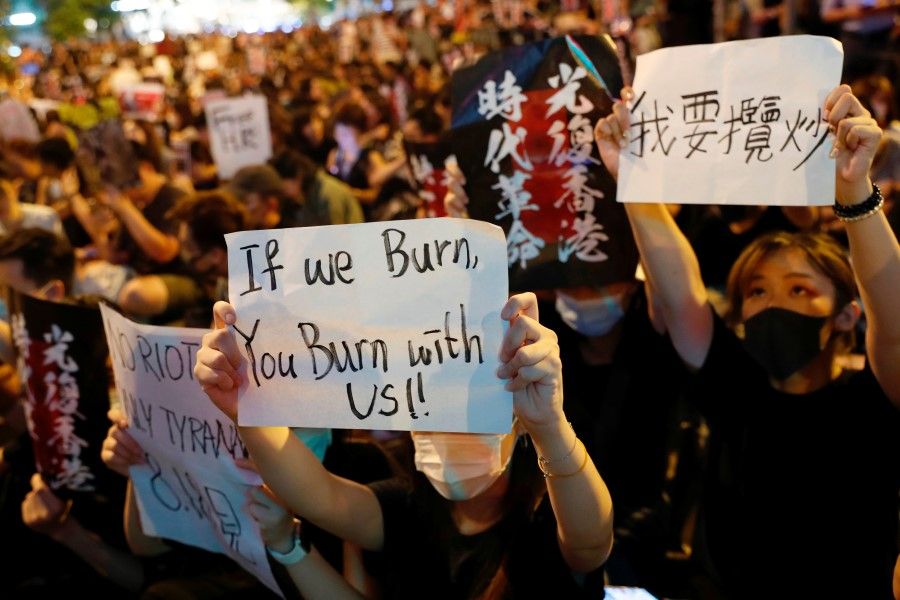
Undoubtedly, the rule of law is indeed the institutional essence of Hong Kong and the basis for order in the city. However, the system of the rule of law has also become the most effective tool for maintaining vested interests, especially for the UK. In addition, as Hong Kong remains an "indirect colony", the British and other foreign influences profit at its expense, and do so without any responsibility. Today, the rule of law has secured for the foreign influences the right to speak, which has become the most effective check and balance for the HKSAR Government and obstacle to change in Hong Kong.
While this does not by any means imply that the rule of law is outdated, the question is: who holds sway over the rule of law? Comparing the paths taken by the various colonies that became independent nations after World War II, one can clearly see the handling of the legacy of the colonial system.
Post-war, after overcoming colonial rule and attaining independence, some nations retained the original colonial system in its entirety and adopted the Western-style democracy. Examples of failure abound, with no particularly successful case. Many nations implemented decolonisation with mixed results due to the different methods in doing so. Others simply and crudely abolished all legacies of the colonial system, without being able to establish new and effective systems. This has affected their relationship with the West and restricted local developments.
Singapore's success
Yet, some nations, while implementing decolonisation, actively retained the positive aspects of the colonial legacy to promote local developments and enhance relations with the West. To this end, Singapore is the archetype. After gaining independence, Singapore effectively decolonised, and successfully separated the wheat from the chaff. Singapore's rule of law is undeniably built upon the basis of the colonial legacy.
Singapore's success is due to the nation's ability to firmly master and control the rule of law. Since becoming independent, Singapore has been unequivocal in matters involving the nation's sovereignty and core interests, protecting them with the best effort without fear of offending other nations. This is in stark contrast to Hong Kong's rule of law, which, to a large extent, effectively protects the interests of the former colonial masters but is unable to advance Hong Kong's own interests.
Governance not in the hands of the Hong Kong people
Naturally, maintaining the rule of law in Hong Kong is related to its vested interests, but is Hong Kong ruled by these vested interests? Probably not. In theory, they are the ruling elite and Hong Kong's continued development is vital to their interests. Due to systemic flaws, however, this stratum of people with vested interest only pursues its own interests, without having to bear any political responsibility. Over the years, people with vested interests have always clamoured for gains but managed to exit unscathed in the face of problems. The rule of law becomes their most effective tool and weapon to minimise personal loss. Considering that the deep-rooted vested interests in Hong Kong today grew out of the British colony, this logic does not defy comprehension.
While previous democratic movements had some anti-British sentiments, they are now replaced by an anti-mainland fervour.
China understands the situation and is therefore eager to introduce change in Hong Kong. Realistically, however, the 'one country, two systems' implementation makes it difficult for China to transform Hong Kong's colonial legacy. Only Hong Kong itself has this ability. However, due to systemic flaws, the power to govern Hong Kong is not in the hands of the Hong Kong people, whether it is the HKSAR Government or the Hong Kong society at large. More critically, some Hong Kong people criticise and blame the Central People's Government for the current situation. The truth is, instead of transforming after the handover, colonial education has intensified. While previous democratic movements had some anti-British sentiments, they are now replaced by an anti-mainland fervour. The national identity of the Hong Kong people has completely swung to the contrary. Over the years, the mainstay of the protesters has been the younger generation that grew up after the 1997 handover. Now, they are also the mainstay of the pro-independence movement in Hong Kong.
As a result, the original integrated whole of 'one country, two systems' has become separated into two. While China emphasises "one country", Hong Kong highlights "two systems". Caught helpless in between is the HKSAR Government.
Constraints faced by the HKSAR Government
To neutralise the impasse, China has begun to make proactive policy changes in recent years. The Greater Bay Area development is a good example in the right direction. When 'one country, two systems' faces difficulties, China's response is: what can the "one country" do? Developments such as the Greater Bay Area needs China's unilateral open policy to gradually address the conflicts through social and economic approaches, in the hope of finally resolving the problems.
The HKSAR Government is subject to various internal constraints, including those that are due to systemic flaws and social forces. On top of these, it is also subject to external and foreign influences in the guise of the rule of law. These weaknesses have led to what is practically a state of anarchy.
However, China and Hong Kong bureaucracies and the Hong Kong people do not have a good grasp of the issue. The bureaucracies are inclined to resolve the problems by introducing change to the "two systems", as exemplified by the recent attempt to hurriedly table the Extradition Law Amendment Bill without sufficient deliberation. The society's response should be anticipated in view of the experience in the attempt to implement Article 23 of the Basic Law.
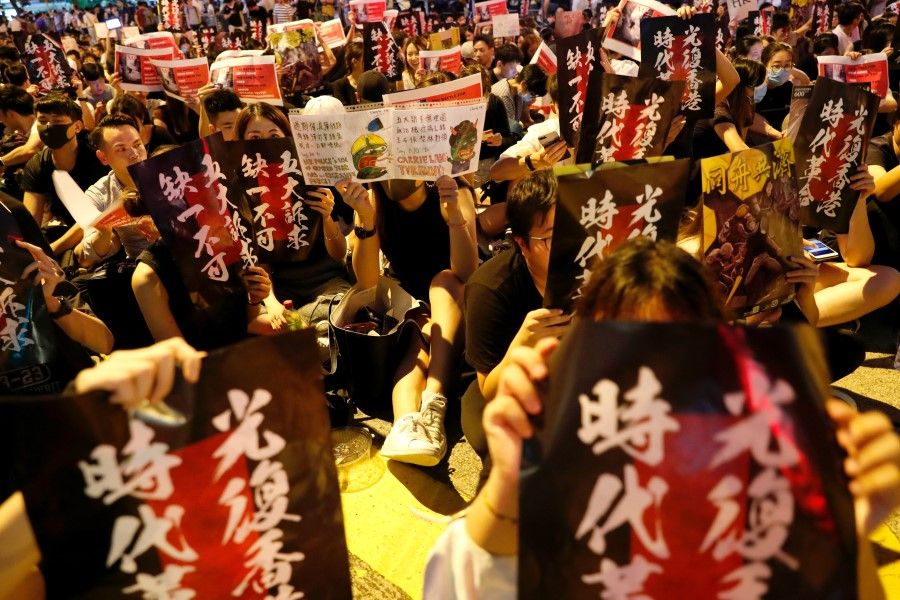
Without an effective governing leadership, today's power-vacuum in Hong Kong is unsurprising. The HKSAR Government is subject to various internal constraints, including those that are due to systemic flaws and social forces. On top of these, it is also subject to external and foreign influences in the guise of the rule of law. These weaknesses have led to what is practically a state of anarchy. This does not imply that the HKSAR Government does not want to make a difference, but it is so weak that it is ineffective. Meanwhile, provisions to meet public interests have become impossible and the invisible ex-colonialists and people with vested interests continue to selfishly profit from the situation. Today, the reality in Hong Kong is one where the pursuit of public interests is plagued by inaction, while that of mercenary and personal interests is sought actively.
The multitude of conflicts confronting Hong Kong is now fully exposed after protracted and intense protests. Although the people also have a clearer understanding of these conflicts, concealed or otherwise, it does not mean that the problems can be resolved. The effective resolution of the problems in Hong Kong is still contingent on the answer to the question: who rules Hong Kong? Since all the problems are the result of the lack of political leadership in Hong Kong, it will be naïve to believe that Hong Kong will stabilise and the problems will be resolved without the emergence of real political leadership. More importantly, today's Hong Kong is not the Hong Kong at the handover. It is impossible to turn back the clock after the trials and tribulations in years past. The challenge for China now is: how to effect a second "return to China" for Hong Kong?
